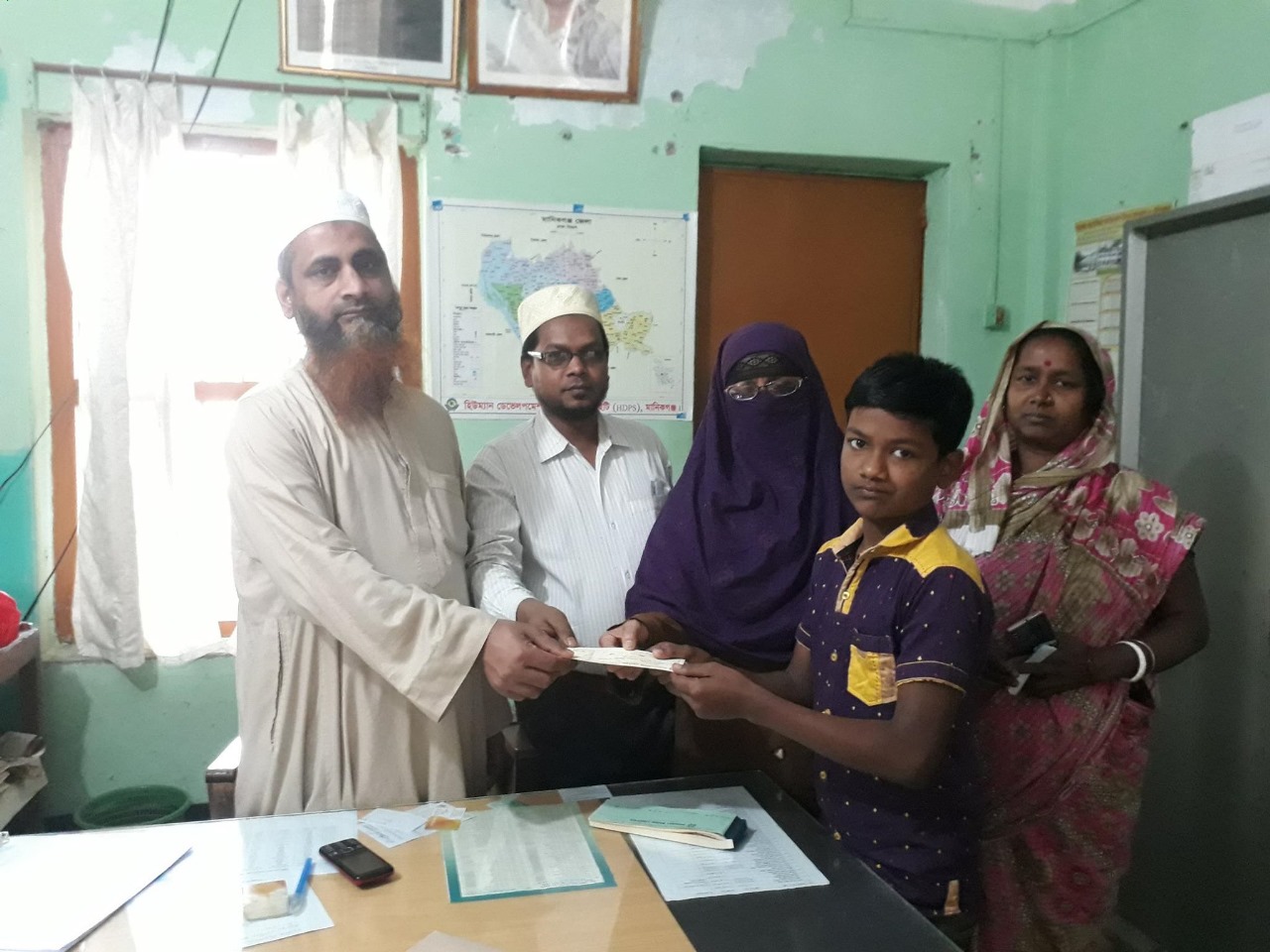
A children welfare program is designed to improve the overall well-being of children by ensuring they have access to essential services, such as education, healthcare, nutrition, and protection from abuse and exploitation. These programs aim to support children in growing up in a safe, nurturing, and supportive environment, both physically and emotionally.
Key Areas of Focus in Children Welfare Programs:
Healthcare and Nutrition:
Providing access to essential healthcare services, including vaccinations, regular health check-ups, and treatment for diseases.Ensuring children receive proper nutrition to support growth and development, especially in low-income or malnourished populations.
Education and Skill Development:
Promoting access to quality education, particularly in underserved or rural areas.Offering skill development programs that prepare children for the workforce or provide vocational training.
Child Protection and Safety:
Protecting children from abuse, neglect, and exploitation, both in the home and in communities.Establishing legal frameworks to prevent child labor, trafficking, and child marriage. Providing emergency services and shelters for children at risk.
Social Services and Support:
Offering counseling, mental health services, and social support to children who have experienced trauma, loss, or instability.Supporting families, especially single-parent households or those facing economic challenges, by providing financial assistance or social services.
Community Engagement and Advocacy:
Raising awareness about children's rights and the importance of their welfare.
Encouraging community involvement in child protection and supporting children's well-being at the local level.
Disability Support:
Providing specialized care and education for children with disabilities, ensuring they have access to resources and opportunities for development.